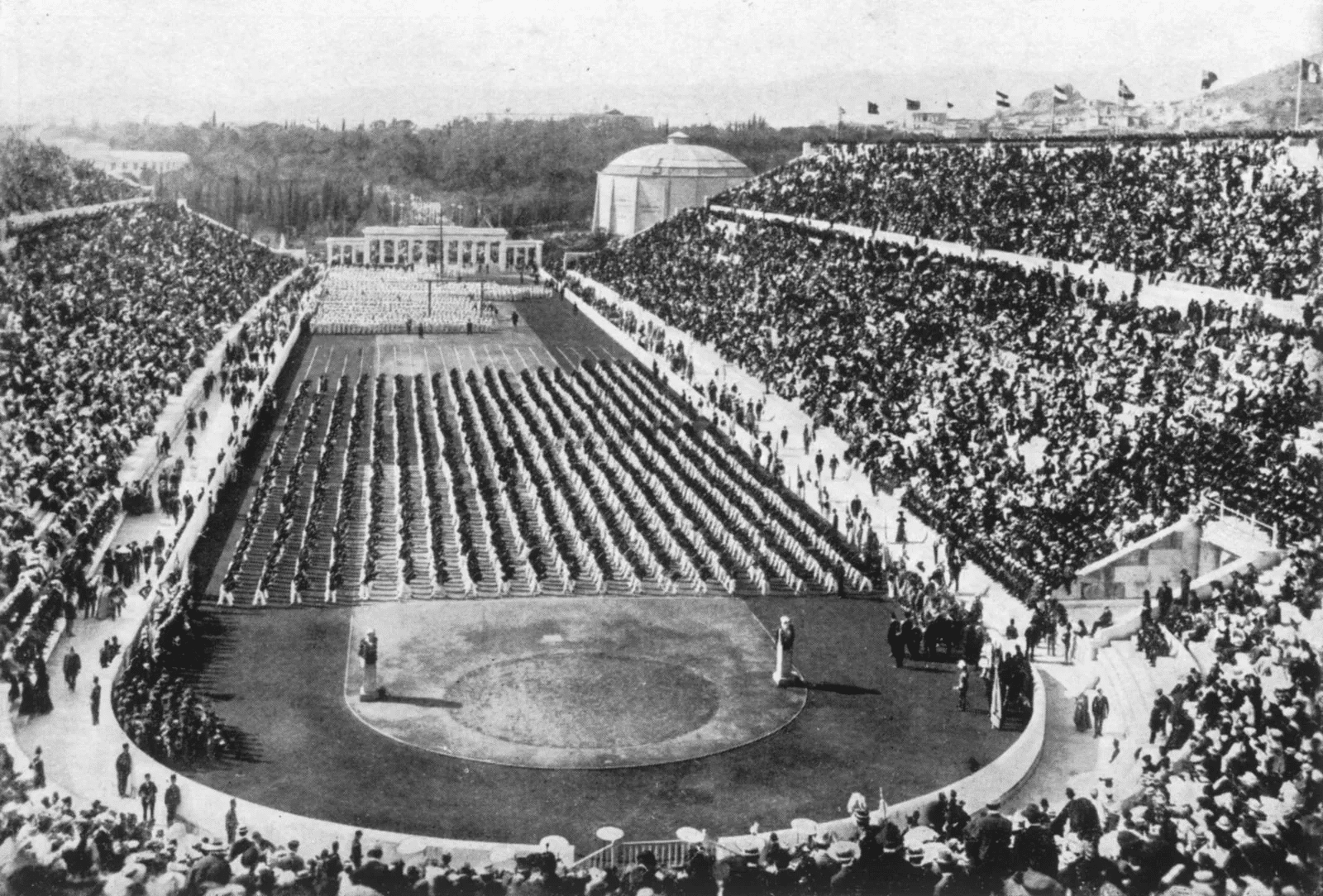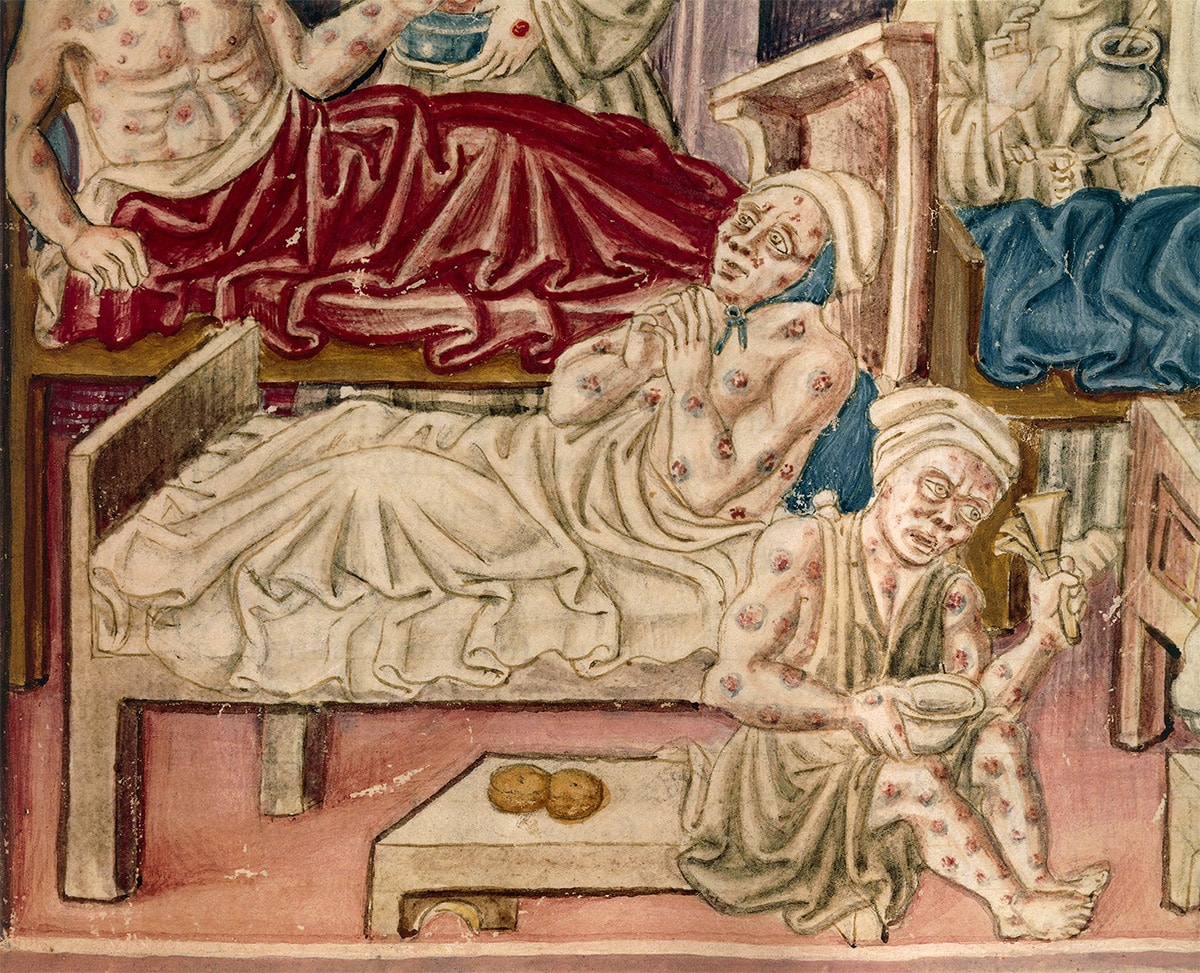Black Friday is a shopping holiday that we solely relate to an opportunity to score amazing deals and even overbuy. Well, it wasn’t always like that. Just like every other popular holiday, Black Friday has a story behind it. It might surprise you that Black Friday has dark roots that have little to do with shopping. This article is dedicated to the beginning of Black Friday.
What prompted the use of the term ‘Black Friday’?
The original inception of Black Friday was in the 19th century. While it’s true that the term had some financial significance, it wasn’t related to shopping like it is today. It wasn’t good news, either.
In 1869, the term ‘Black Friday’ was used to describe the gold market crash. Investors Jim Fisk and Jay Gould drove up gold prices, resulting in the crash that brought about the Black Friday name.
From specifically bad to generally bad
As mentioned earlier, the first significance attributed to the term ‘Black Friday’ was a negative one. Well, as time went on, the meaning ascribed to the term became less specific and more general.
However, the bottom line was that ‘Black Friday’ was often used to describe negative events around the holiday period. For example, using the term to describe the absenteeism of workers at work on the day after Thanksgiving.
A closer significance to what it is today
Although the term ‘Black Friday’ wasn’t used in relation to shopping at inception, it gradually became a shopping-related term in the early 1960s. Did you know the ‘Black Friday’ description was coined by police officers?
During the holidays, especially around Thanksgiving, several suburban tourists always bombarded the city to shop. This often resulted in police officers working late shifts to curb accidents, shoplifting, and traffic jams; this chaos was described as ‘Black Friday.’
Too ‘negative’ for business
Having established the fact that ‘Black Friday’ was a term used to describe bad situations, it’s expected to wonder why retailers use such a negative term to describe a period of discounts and special offers. Well, it wasn’t always like that.
Merchants in the 1960s tried to change ‘Black Friday’ to ‘Big Friday’- but it didn’t stick. In the late 1980s, the term became a positive one– it was a time when stores made a profit, so their accounts weren’t in the red (loss) but in the black (profit). At least, that was a positive meaning.
Slowing down the ‘rush’
Until recently, Black Friday was commonly associated with long queues, limited offers, and traffic jams. Since the whole idea was scoring holiday offers within 24 hours, it was a stressful yet thrilling hassle.
Today, you’ll agree that the rush isn’t as intense as it used to be. With many stores giving shoppers the option of participating in the Black Friday experience on their online stores, several people don’t bother heading out anymore. Adieu to the sense of urgency.







